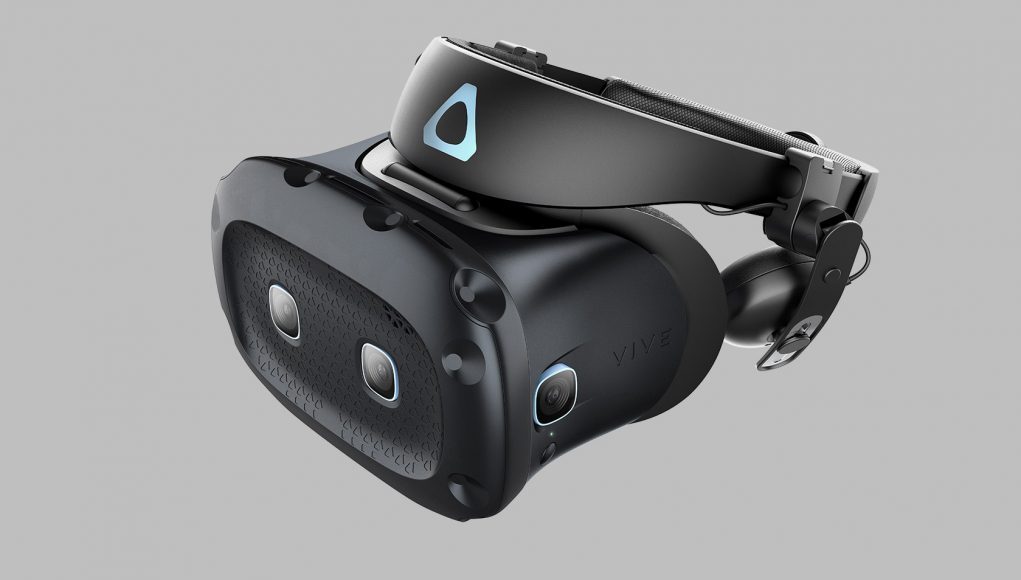The supply chain slowdown due to the coronavirus (COVID-19) has affected a few notable VR companies, including Valve and Facebook with their respective flagship headsets. Now it seems HTC is experiencing similar issues with its upcoming SteamVR External Tracking Faceplate for its recently released PC VR headset, Vive Cosmos.
While HTC’s full Cosmos Elite package will be ready to ship by the original March 18th launch date, the platform’s first foray into modularity is taking a hit due to the coronavirus. HTC says availability of the External Tracking Faceplate will now be later than planned due to supply chain delays.
“We are taking every precaution to ensure that our employees and manufacturing partners are staying safe during this time,” the company told Road to VR. “We will continue to update you on timings, but we are still aiming for Q2 availability.”
With an all-in price tag of $900, Cosmos Elite includes the same fundamental specs of the base model, including a flip-up head-mount design, fresnel lenses, and 1,440 × 1,700 LCD displays with hardware IPD adjustment. However it also comes with two SteamVR 1.0 base stations, two Vive wand-style motion controllers and an External Tracking Faceplate, giving it access to Valve’s rock solid tracking standard.
Owners of the base model who aren’t so thrilled with its less than stellar inside-out optical tracking will simply have to wait for the $200 modular bit, which critically doesn’t include either the requisite base stations or motion controllers.







